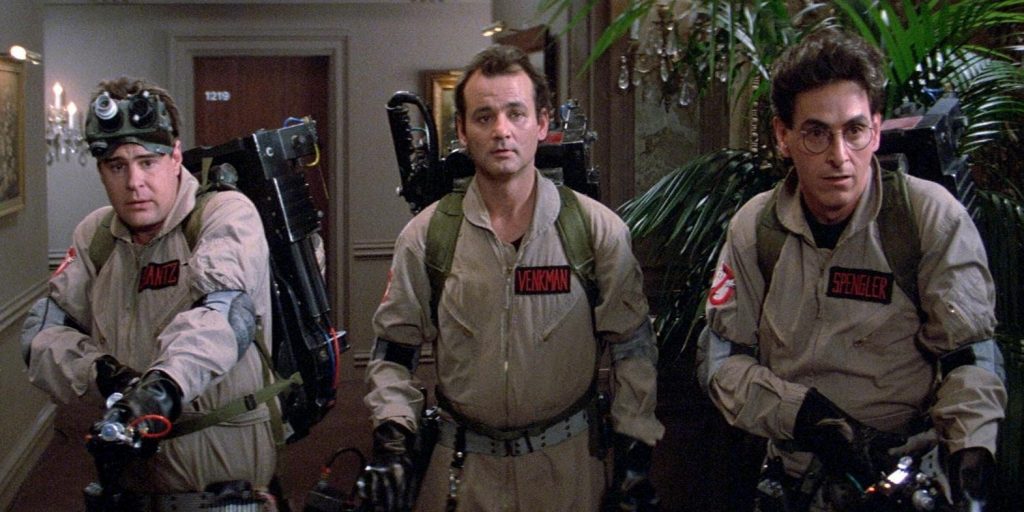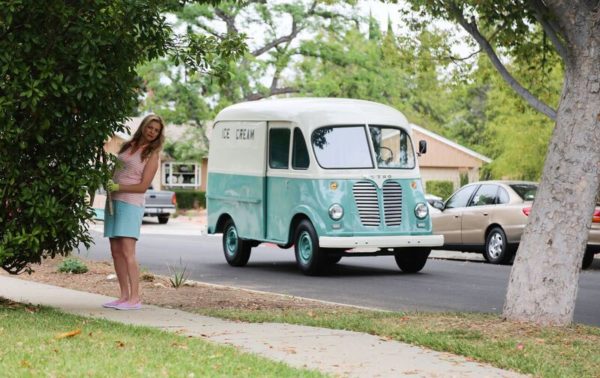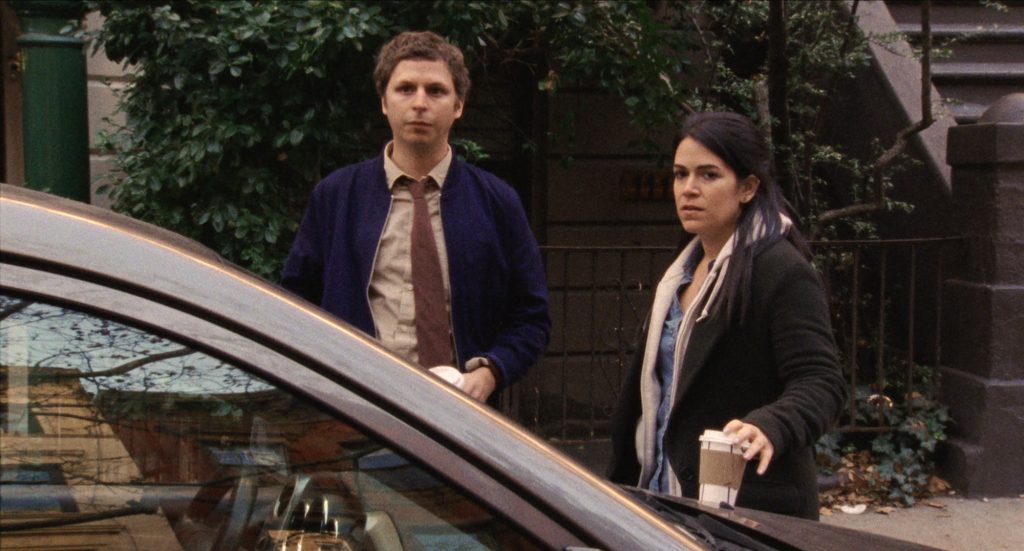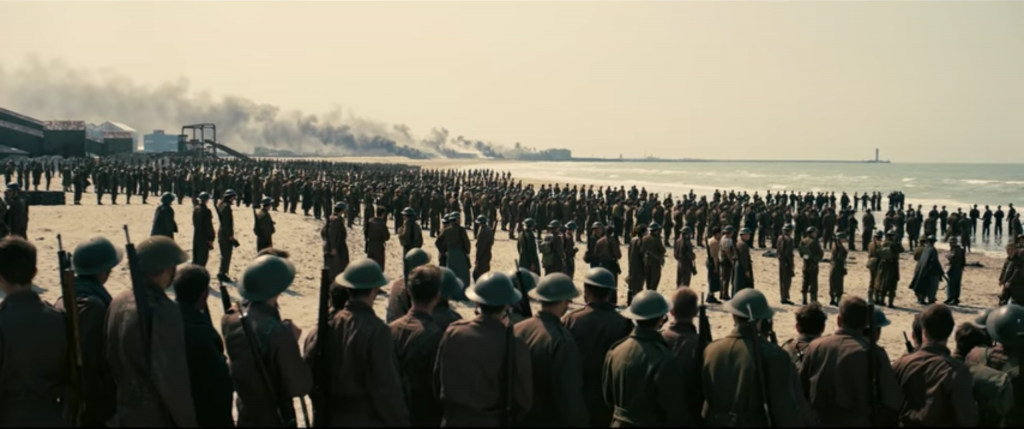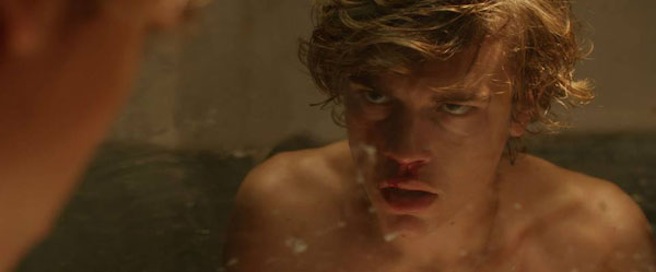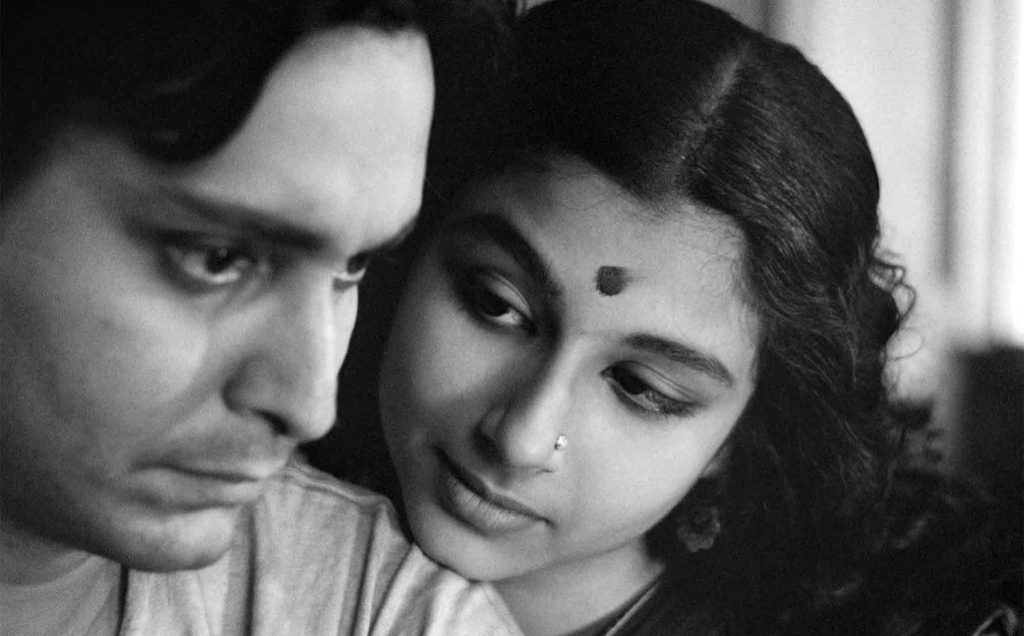
Upon being asked after the release of the Dark Knight if he had a third installment planned, Christopher Nolan replied with asking ironically how many good third movies there were. Of course, Nolan eventually did complete his trilogy, whether it being against his better judgment or not depending on who one talks to. Throughout movie history, the essential functions of the third film in a series have either been as a fitting and satisfactory end to a particular storyline (Lord of the Rings: Return of the King), a disappointing but nevertheless conclusive entry (Godfather III), or a debacle so big as to necessitate a reset to the franchise (Superman III/Spiderman 3, etc., etc.). In anticipation of another highly-anticipated third film, War for the Planet of the Apes, this weekly series will cover famous third films, infamous third films and otherwise, exploring how trilogy-enders or other types of third films have functioned in relation to its series.
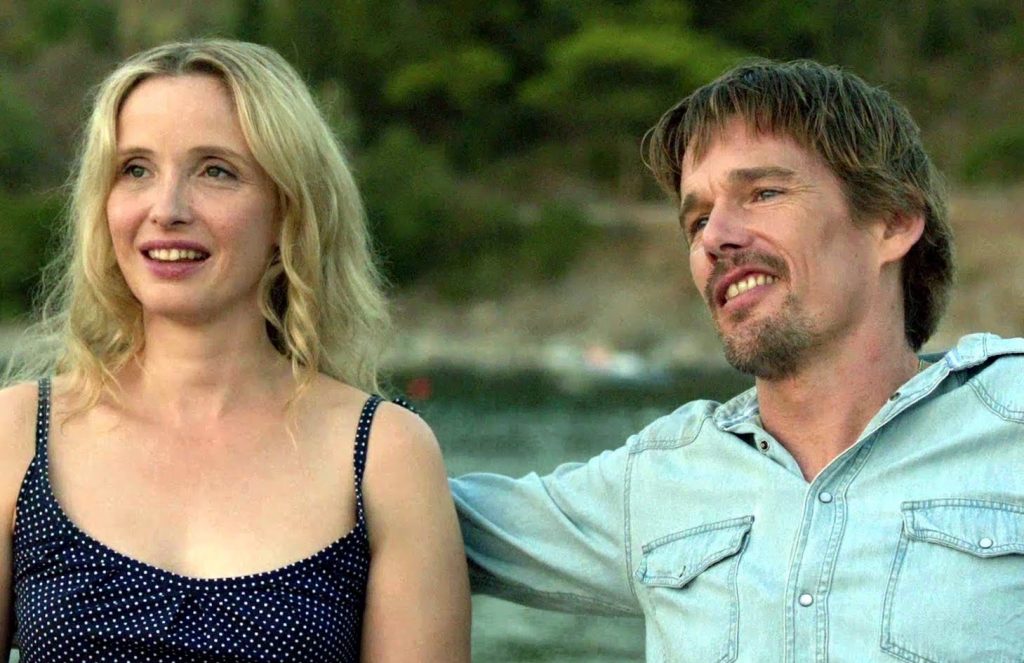
Popularly referred to as the least financially successful movie series of all time, Richard Linklater’s Before trilogy has had a strange and intriguing history. Starting in 1995 on a modest budget (though, honestly, all three have had modest budgets), Linklater—along with stars Ethan Hawke and Julie Delpy, all co-writers for the three movies—told a simple but charming story of Jesse and Celine, who meet in Europe and spend the evening together along ancient streets and with idiosyncratic characters. Before Sunrise didn’t make much money, but the film resonated enough with the three main collaborators to result in a sequel nine years later, Before Sunset, no one saw coming. Just as watchable and unpredictable as the first one, plus some added poignancy by way of nostalgia, Sunset made similar amounts of money, but with a heap of critical acclaim. It was a touching end to the story of Jesse and Celine.
[…]

